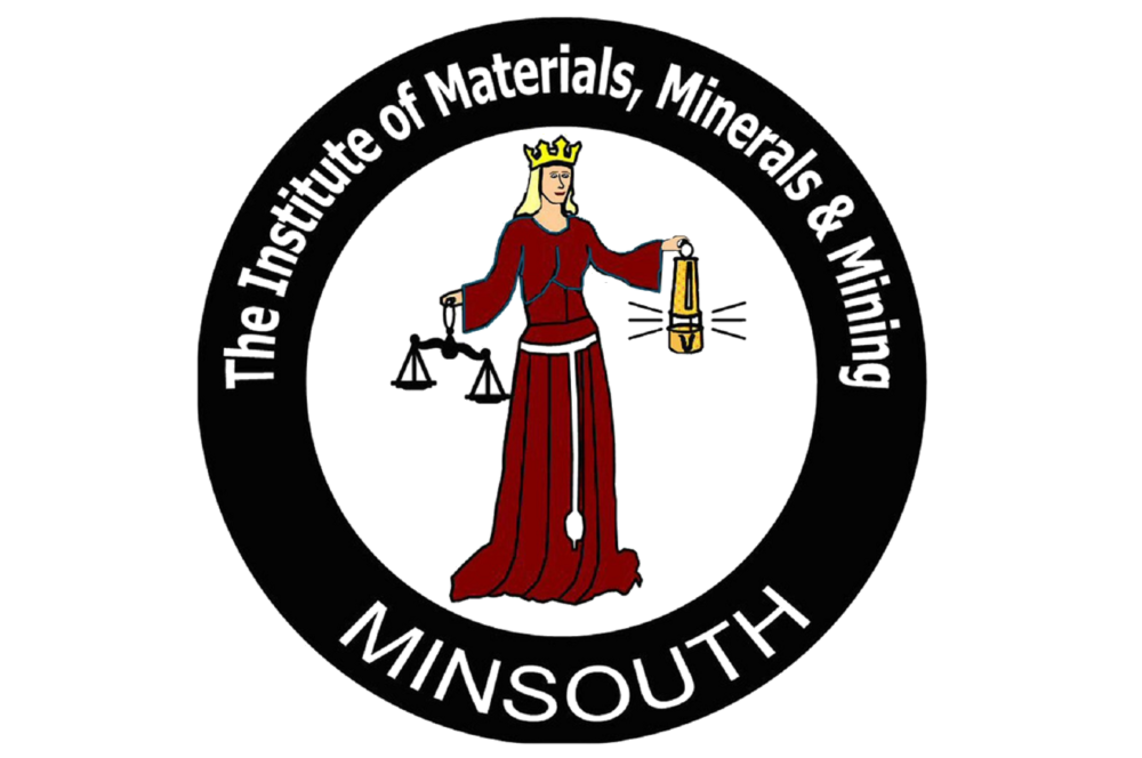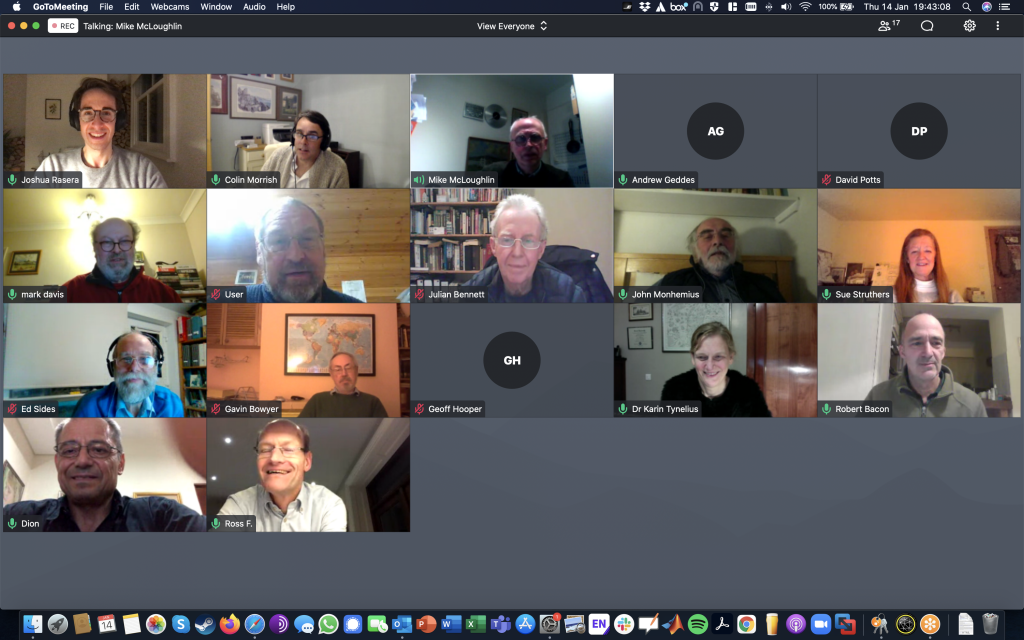The debate took the form of presentations made by four people Dion Brandt, Joshua Rasera, Colin Morrish and Sue Struthers outlining how mining would affect these two areas either positively or negatively followed by a discussion. The presentations were kicked off by Dion Brandt.
Dion said putting aside the legal status there were opportunities extract elements and minerals from the moon. Chemical separation has occurred and in its early life volcanism. Since then, meteorite impacts have caused local melting and mineral separation. Mineral processing would be using dry methods. Dion is for mining here.
Antarctica presently mining band. In the future more economic methods might make this possible if allowed. One major issue with ice both on the land mass and as icebergs. Mineralisation does exist and might well be minable. Dion is against mining here.
Joshua looked at the extraction and utilisation of resources on the moon. Joshua showed that the wide range of elements on the moon including water. These resources could be used on the moon, in space or brought back to Earth. Resources form the moon and a base there would drastically reduce costs of space exploration. Today there is extensive private investment in space travel with the aim to develop the resources of space. Joshua is for mining here.
Mining on the moon then becomes the issue. Key points include the state of the regolith, the lunar environment and the low gravity affecting how forces are applied. As a spin-off the new methods designed on the moon could be applied to the earth – water risk areas.
Colin outlined mining in arctic conditions and the history of treaties applied to Antarctica that will be reviewed in 2048. Colin showed there are extensive mineralisation is known to exist. Colin believes mining here is possible.
Operating a mine needs to consider the environmental issues. Ice is an issue, but global warming might help. All complications and emergencies can be covered by mining companies. Climatic conditions can be overcome. Monitoring of the environment, planning for mitigations and auditing would be covered by the operators who would have bare extensive costs. Colin is for mining here.
Sue started by commenting on the environment in Antarctica. Too little understood about all aspects of this ecosystems but with the best will in the world and all the regulations in place there is no way this will be a risk-free activity. New species are identified each year, so how can you have full know Lage of the baseline. is totally against mining in Antarctica. Sue
With regards to the moon, Sue commented on Legal issues related to ownership and the involvement of private companies. What controls would be in place. Sue is against mining here.
The Discussion broke down into two areas.
Most of the comments were on Antarctica can be summarised as follows. There is too much at stake to start mining here. We have extensive under developed resources and there is a push towards accountability in the mining industry, the use of recycled materials and low-grade dumps is being developed. Therefore why go here?
Colin’s comment on global warming razed a few eyebrows and produced the comment that if global warming reached a point where it would assist mining on Antarctica then we would have more problems than mining.
Similarly, for the moon. Is there a need to develop the moon? The moon should only mined for making progress into space and this was questioned. When would we be able to develop travel to other planets?
At the end of the discussion a vote was taken and not counting the Chairman the result was as follows;
Antarctica For 1 Against 15
Moon For 8 Against 8
Presenters Profiles:
Dion Brandt – Senior Associate and Geologist at Behre Dolbear International. Research areas include Meteorite Impact Studies and Fluvial Systems
Joshua Rasera – Mechanical Engineer 3rd Year Ph.D. Student Imperial College
Colin Morrish – Mining Engineer Consultant specialising in Occupational Health and safety, Mining Methods, Rock Mechanics specialist. Formerly Mines Inspector employed by the province of Saskatchewan in Canada for 18 years.
Sue Struthers – MinSouth Past President and Chartered Environmentalist
By way of some background to mining on the moon, see the video of Joshua’s Young People’s Lecture Competition (YPLC) presentation on this topic on the MinSouth website. Mr. Rasera also presented to the NXGEN Resources Student Conference last November. A copy of this presentation is available on YouTube: NXGEN Resources 2020 YPLC Presentation.

